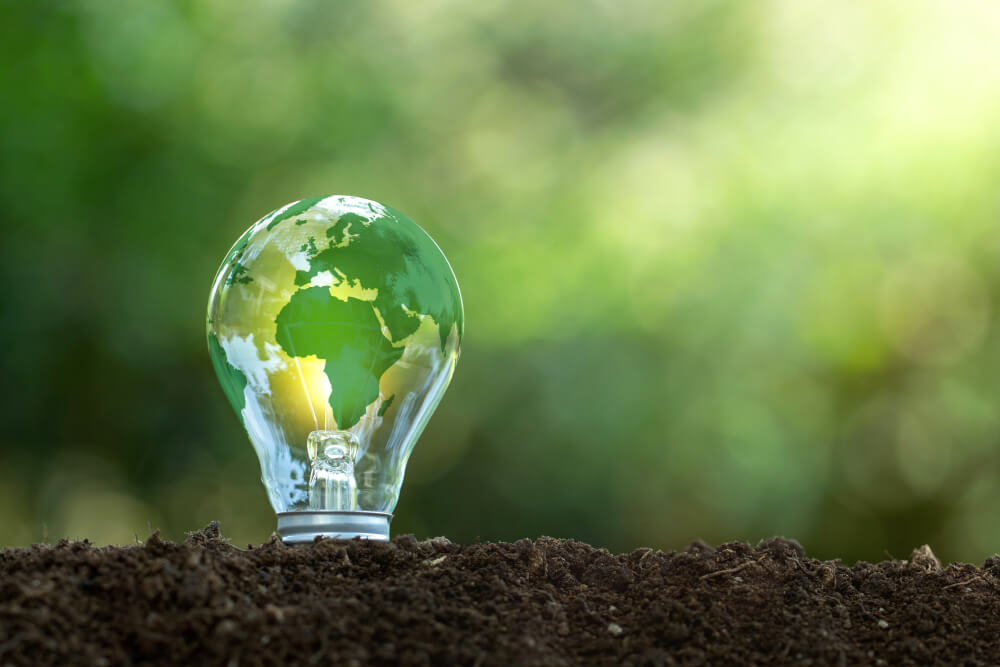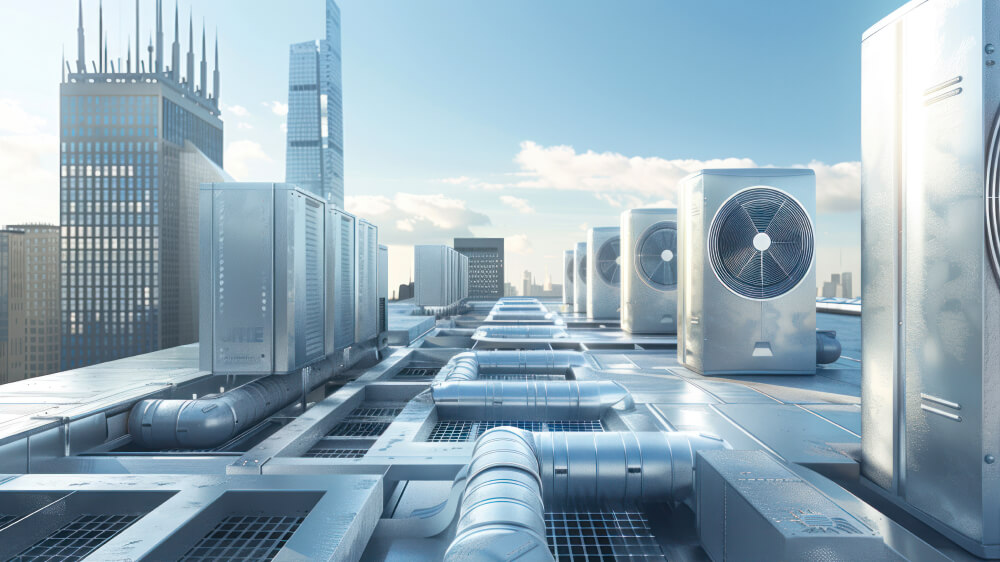1. Advanced Reverse Osmosis Systems
Overview: Reverse osmosis (RO) systems are renowned for their ability to remove a wide range of contaminants from water. Recent advancements have made these systems more efficient, compact, and user-friendly.
Key Features:
- High-Efficiency Membranes: Newer RO systems utilize high-efficiency membranes that reduce water waste and improve filtration efficiency.
- Compact Design: Modern RO units are designed to fit under sinks or in small spaces, making them easier to install and maintain.
- Integrated Remineralization: Some advanced RO systems include remineralization filters that add essential minerals back into the water after filtration.
Benefits:
- Effective Filtration: Removes a broad spectrum of contaminants, including heavy metals, pesticides, and microorganisms.
- Water Savings: High-efficiency membranes reduce wastewater production.
- Improved Taste: Remineralization enhances the taste and health benefits of the filtered water.
2. Ultraviolet (UV) Water Purification
Overview: Ultraviolet (UV) water purification is a chemical-free method that uses UV light to kill bacteria, viruses, and other pathogens. Innovations in UV technology have improved its effectiveness and ease of use.
Key Features:
- Enhanced UV Lamps: Advanced UV lamps provide higher intensity light for more effective disinfection.
- Automatic Monitoring: Some UV systems include sensors that monitor water quality and UV lamp performance, ensuring consistent purification.
- Compact Units: Modern UV purifiers are designed to be compact and easy to integrate with existing water filtration systems.
Benefits:
- Chemical-Free: Provides effective disinfection without using chemicals.
- Broad Spectrum Disinfection: Kills a wide range of pathogens, including bacteria, viruses, and protozoa.
- Easy Maintenance: Requires minimal maintenance and does not alter the taste or odor of water.
Join HICP Homeowner’s Alliance
Connect with experts, get special discounts and enjoy member benefits
3. Activated Carbon Block Filters
Overview: Activated carbon block filters are widely used for their ability to remove chlorine, sediment, volatile organic compounds (VOCs), and other impurities. Recent advancements have enhanced their filtration capabilities and lifespan.
Key Features:
- High-Density Carbon Blocks: Newer filters use high-density carbon blocks that provide more surface area for adsorption, improving contaminant removal.
- Multistage Filtration: Some systems combine activated carbon with other filtration methods, such as sediment filters and reverse osmosis, for comprehensive water purification.
- Longer Lifespan: Improved filter media and design extend the lifespan of activated carbon filters, reducing the need for frequent replacements.
Benefits:
- Effective Contaminant Removal: Removes chlorine, sediment, VOCs, and other impurities, improving water taste and odor.
- Enhanced Filtration: Multistage systems provide comprehensive filtration for cleaner, safer water.
- Cost-Effective: Longer-lasting filters reduce the cost and hassle of frequent replacements.
4. Whole-House Filtration Systems
Overview: Whole-house filtration systems treat all the water entering a home, ensuring clean water for drinking, cooking, bathing, and cleaning. Innovations in whole-house systems have made them more efficient and effective.
Key Features:
- High-Capacity Filters: Modern whole-house systems use high-capacity filters that can handle large volumes of water and provide long-lasting filtration.
- Customizable Configurations: Homeowners can choose from various filter types and combinations to address specific water quality issues.
- Smart Monitoring: Some systems include smart monitoring features that track filter performance and notify homeowners when maintenance is needed.
Benefits:
- Comprehensive Filtration: Ensures clean, safe water throughout the entire home.
- Convenience: Reduces the need for multiple point-of-use filters.
- Improved Water Quality: Enhances the quality of water for all household uses, including bathing and cleaning.
5. Nano Filtration Technology
Overview: Nano filtration technology uses nanometer-sized pores to remove a wide range of contaminants from water, including bacteria, viruses, heavy metals, and organic compounds. This cutting-edge technology offers high levels of filtration efficiency.
Key Features:
- Nanomaterials: Advanced nanomaterials provide high surface area and excellent filtration capabilities.
- Selective Filtration: Nano filters can selectively remove specific contaminants while allowing beneficial minerals to pass through.
- Compact Design: Nano filtration systems are typically compact and can be integrated with other filtration technologies.
Benefits:
- High Efficiency: Provides effective removal of a wide range of contaminants.
- Health Benefits: Retains beneficial minerals while removing harmful substances.
- Space-Saving: Compact design makes it suitable for various installation locations.
6. Ion Exchange Water Softeners
Overview: Ion exchange water softeners are used to remove hardness-causing minerals, such as calcium and magnesium, from water. Recent innovations have improved the efficiency and environmental impact of these systems.
Key Features:
- High-Efficiency Resin: Modern ion exchange resins have higher capacity and faster regeneration rates, reducing water and salt usage.
- Dual-Tank Systems: Some systems use dual-tank configurations to provide a continuous supply of soft water.
- Salt-Free Alternatives: Innovations in salt-free water softening technology offer an eco-friendly alternative to traditional ion exchange systems.
Benefits:
- Improved Efficiency: Reduces water and salt usage, lowering operational costs.
- Continuous Supply: Dual-tank systems ensure a consistent supply of soft water.
- Eco-Friendly Options: Salt-free systems provide a sustainable solution for reducing water hardness.
Recent innovations in home water filtration systems have made it easier and more effective for homeowners to ensure their water is clean, safe, and healthy. From advanced reverse osmosis and UV purification to whole-house systems and nano filtration technology, these advancements offer a range of options to meet diverse water quality needs.
By staying informed about the latest technologies and choosing the right water filtration system for your home, you can enjoy the benefits of improved water quality, better health, and greater peace of mind. Investing in advanced water filtration not only enhances your home’s water supply but also contributes to a healthier and more sustainable lifestyle.




















